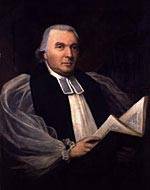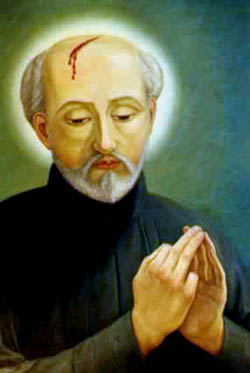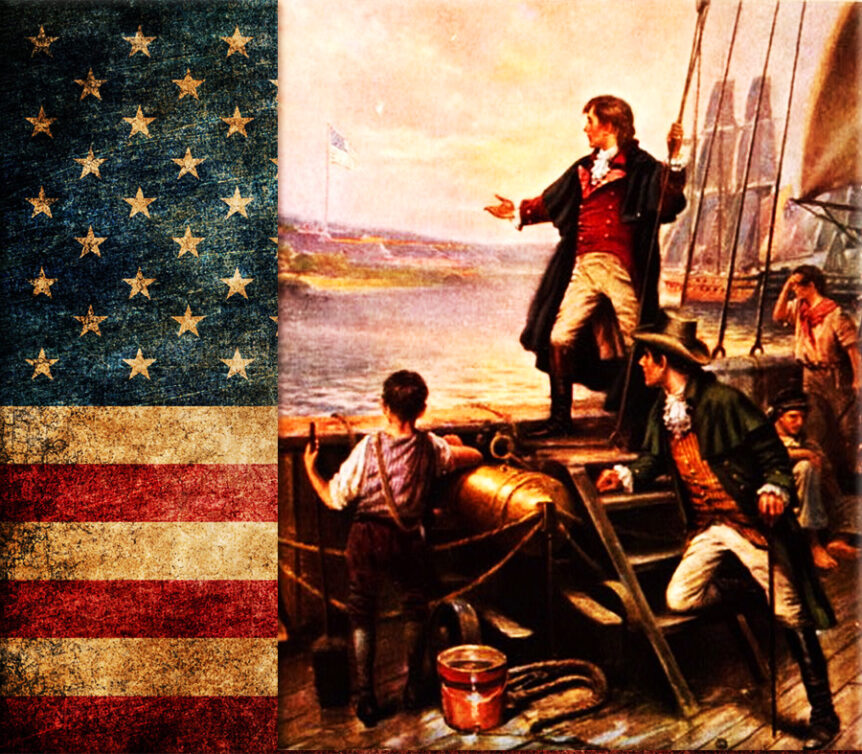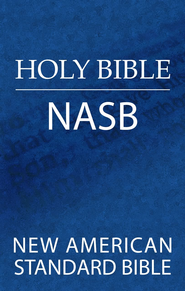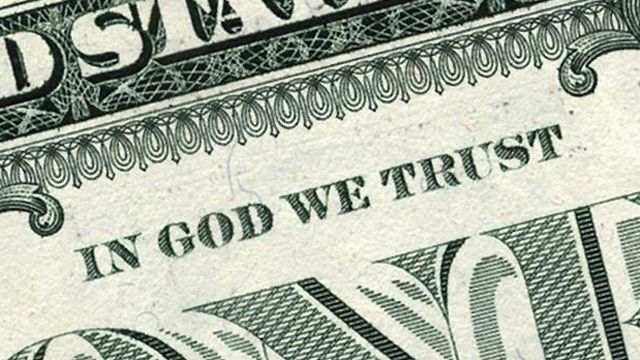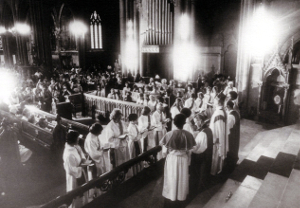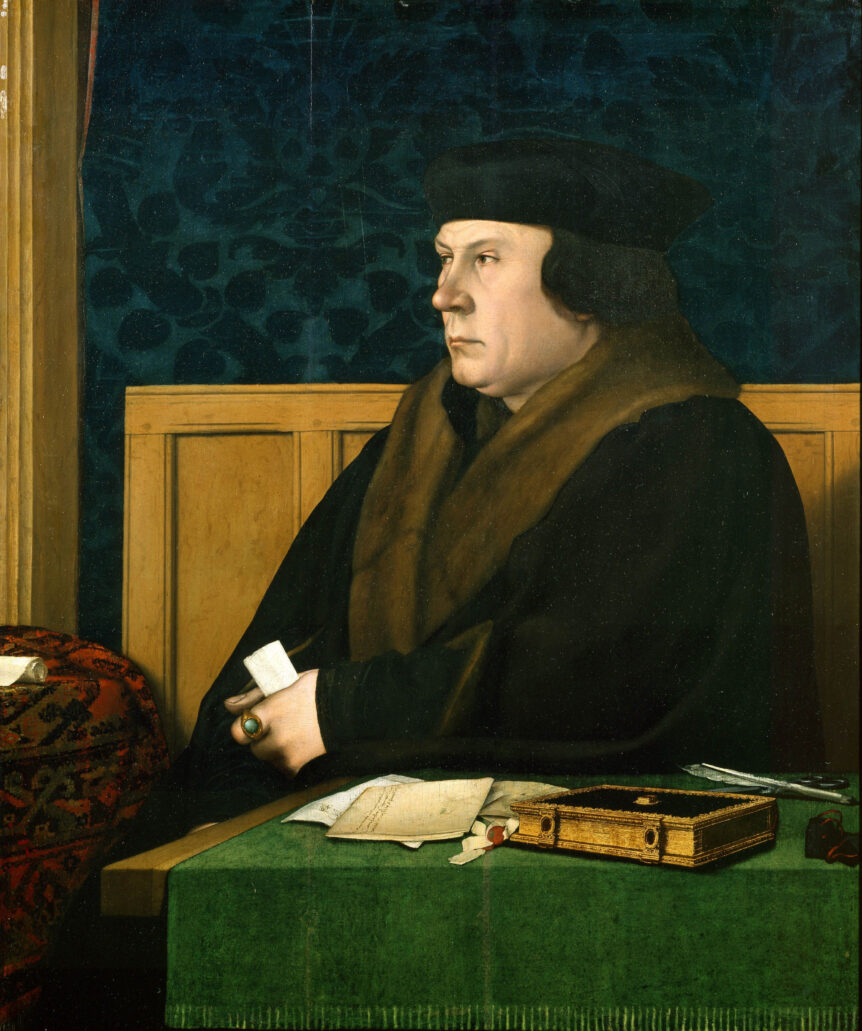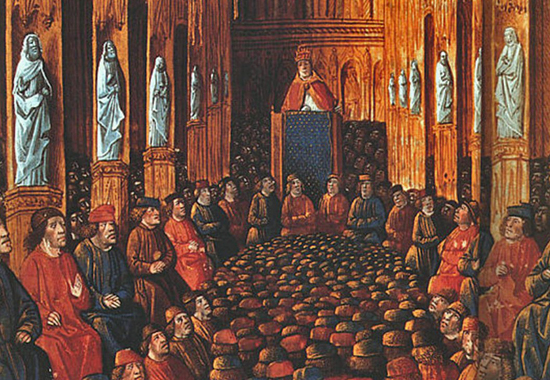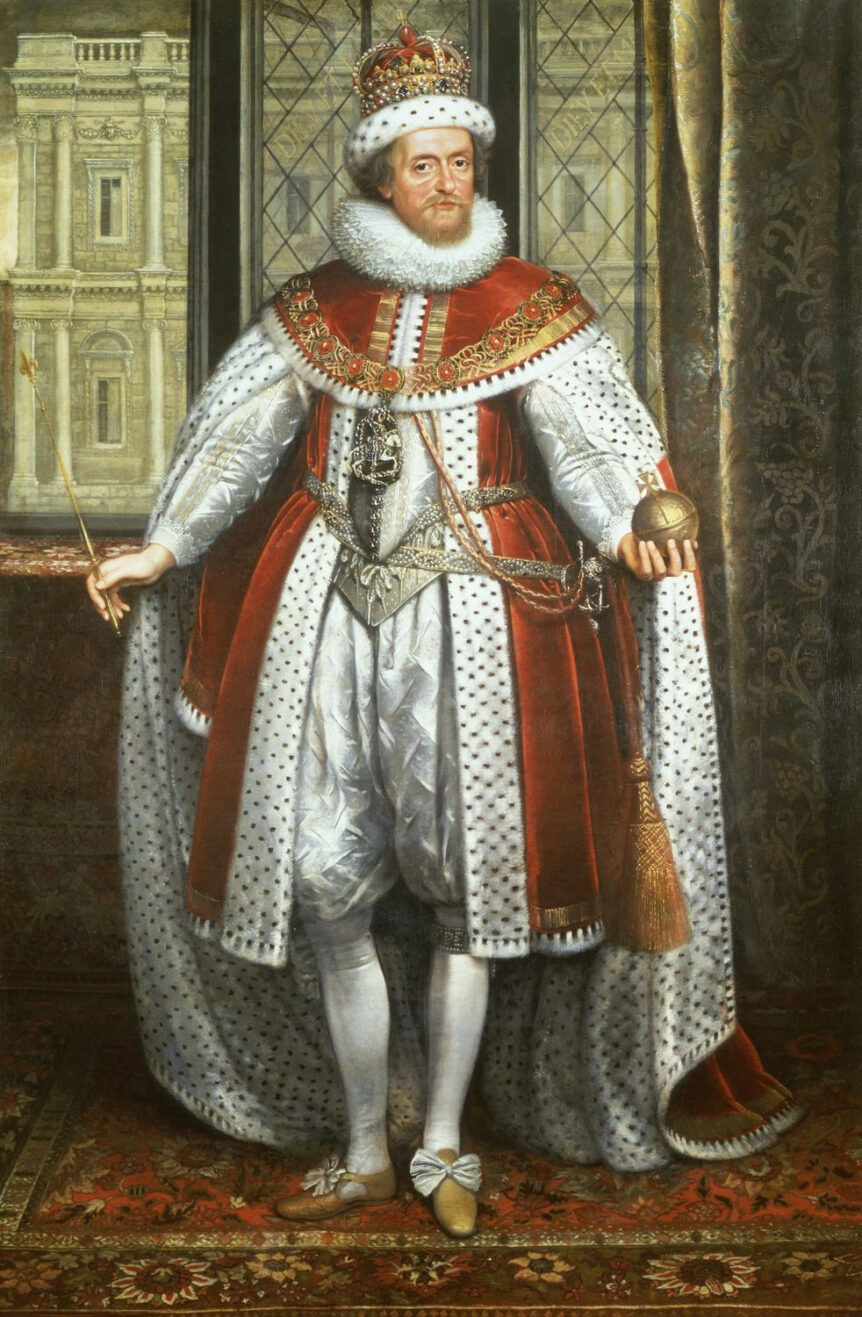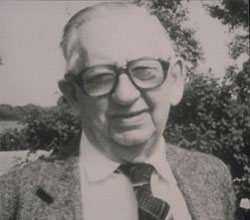The first Anglican bishop in the United States was Samuel Seabury who was confirmed as the Bishop of Connecticut on August 3, 1785. Seabury had been ordained as a priest in Scotland before coming to America and very shortly after this the Anglican Church (the Church of England) became known as the Episcopal in the US.
August 2, 1643 – Isaac Jogues and the Iroquois
Roman Catholic priest Isaac Jogues’ commitment to convert the Iroquois Indians in French Canada went well beyond the call of duty. After a Huron band of Iroquois murdered his fellow priests, Jogues initially hid out but made the decision the only way to keep his witness was to turn himself into band searching for him on August 2, 1643. The …
August 1, 1179 – Francis Scott Key
Hopefully most of us Americans recall that Francis Scott Key wrote our national anthem “The Star-Spangled Banner” during the War of 1812 against the British as he saw fighting at Ft. McHenry in Baltimore Harbor. Key, who was born on August 1, 1779, was a devout Episcopalian and went on to add leadership to the Sunday and Adult School Union …
July 31, 1971 – The New American Standard Bible
After the discovery of more accurate Hebrew and Greek manuscripts, the Lockman Foundation began a new translation of the Bible in 1959 that would become the New American Standard Bible. After the New Testament translation was complete in 1963, the full version was released on July 31, 1971.
July 30, 1956 – “In God We Trust”
How long has the United States been using “In God We Trust” as our national motto? Probably not as long as you think. While it had been printed on US currency as early as 1864, not until July 30, 1956 did Congress pass and President Dwight Eisenhower sign into law a Joint Resolution of Congress authorizing the official US motto.
July 29, 1974 – Women Episcopal Priests
Two years before the General Convention of the Episcopal Church of the US approved it, eleven women were ordained as priests on July 29, 1974. The “Philadelphia Eleven” as they would become to be known, were ordained at the George W. South Memorial Protestant Episcopal Church of the Advocate in Philadelphia, PA.
July 28, 1540 – Thomas Cromwell
What price to you pay for being the advisor to the king? For Thomas Cromwell it was his head. Cromwell was a true leader in the Protestant reformation in England and was they chief advisor to King Henry VIII. While Henry didn’t really care about being Protestant as much as he cared about controlling the Church of England, Cromwell on …
July 27, 1099 – Pope Urban II
When Pope Urban II called for all of Christian Europe to “fight the infidel” Muslim Turks who had control of the Holy Land, he used the opportunity to heal a big fight between the Pope and the Holy Roman emperor (another story for another day). A common enemy does a lot for internal spats. Urban II died on July 27, …
July 26, 1603 – James I of England
King James VI of Scotland became King James I of England on this day on July 26, 1603 and wanted to get a new, official version of the Bible for the Church of England to use. He didn’t like the commentary notes in the Geneva Bible that many Protestants used after returning to England during the reign of his cousin …
July 25, 1899 – “How Great Thou Art”
One of the hymns that always makes the list of favorites is “How Great Thou Art” which was written by a British missionary to Russia named Stuart K. Hine. Hine, an inductee into the Gospel Music Hall of Fame in 1994, was born on July 25, 1899. The lyrics came from a Swedish poem and Hine (who is pictured here) …
